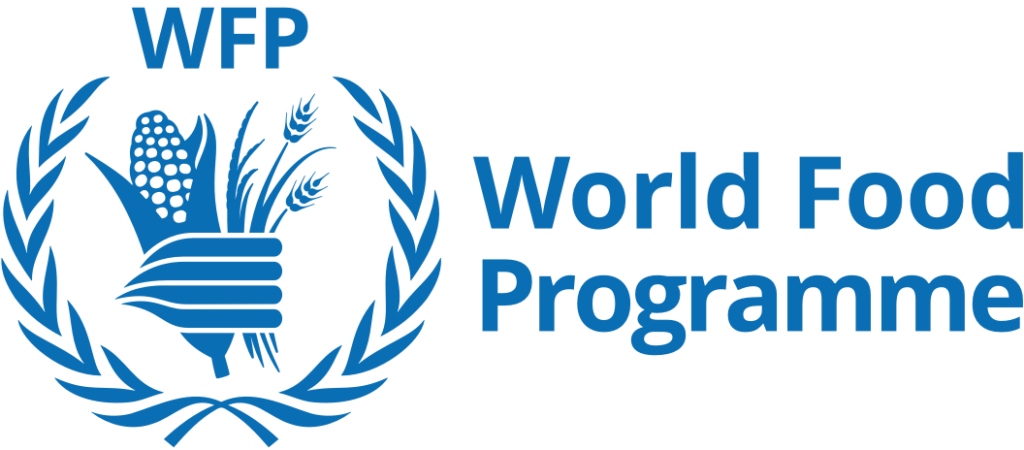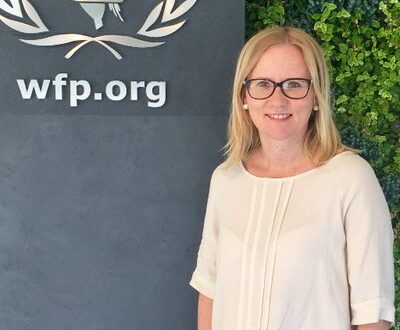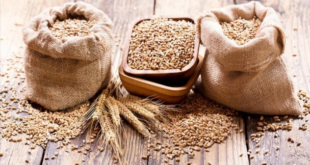As the world continues to grapple with the COVID-19 the outbreak, millions in the poorest countries have become more vulnerable to the economic downturn and food insecurity, U.N. experts warn.
The World Food Program (WFP) said the economic outlook — and risks of food insecurity — continues to darken because of effects of the coronavirus pandemic, posing further threats to regions in Africa that are already battling extreme poverty.
An estimated 265 million people could go hungry in 2020, nearly doubling 2019 figures, according to latest WFP’s forecasts.
Experts explain the way the global economic downturn is effecting low-income economies is that it is becoming “increasingly visible” and acts through different channels.

“Countries depending heavily on tourism, remittances, food imports or primary commodities exports are going to face a dire situation,” Susanna Sandstrom, head of the WFP Economics and Markets Unit, told Anadolu Agency.
She noted most vulnerable countries are those hit by not just one, but several damaging factors at the same time, and will not be able to protect themselves.
Key economic effects
The first factor hurting vulnerable economies is the price of primary commodities, which have plunged as the price of crude oil fell to record lows, cutting export earnings vital for large parts of the developing world.
The second is tourism, which contributes significantly to foreign exchange earnings in many fragile countries. The U.N. World Tourism Organization expects international tourist arrivals to decline by as much as 30% percent in 2020, hitting countries in developing areas that base their economies on the flux of foreign tourists.
Remittances — the third key channel through which the economic downturn reverberates on poor countries — are responsible for up to 30% of gross domestic product in low-income economies and are expected to fall dramatically, as they did during the 2008 economic crisis.
WFP’s role
To help vulnerable populations cope with the pandemic and its economic fallout, the WFP is focusing on maintaining effective operations despite the sanitary emergency.
“We are sustaining our operations around the world, making sure that the distribution of food or cash transfers can be made respecting security and sanitary conditions,” said Sandstrom.
The WFP is cooperating with local governments to help build safety nets able to shield people who are losing jobs and becoming exposed to extreme poverty.
Sandstrom noted the COVID-19 crisis is often has a heavier effect on urban areas due to the income effect.
“People in the countryside can still provide food to themselves by farming,” she said. “While people in the urban areas are more dependent on market food.”
 THE GLOBAL WINDOW OF TURKISH FOOD AND AGRICULTURE The Global Window of Turkish Food and Agriculture Sector
THE GLOBAL WINDOW OF TURKISH FOOD AND AGRICULTURE The Global Window of Turkish Food and Agriculture Sector









